There are few things I want to do less than give this tribute to my father. The unflinching approach to reality he imparted had left me noticing his aging, and I was preparing to adapt, over time…. But my father never gave someone a challenge he thought them incapable of meeting.
All the wonderful things being shared about my father obviously come as no surprise to me, and I had so hoped to spend the next few years, hearing those things with him, but knowing how uncomfortable it would have made him to hear so much praise, as his own ability to act diminished, I have to appreciate that, as hard as this is on the rest of us, it was an ending with which he would have been satisfied.
I had hoped to spend the next years supporting him, as he always has supported me- my father has been at anything I asked him to be at, and volunteered for things I didn’t intend to subject him to… And The outpouring of remembrances from my friends, has reminded me, of how important it was to him, to know the people important to me. I was touched by the photos my parents saved, not only of me, but of Niki, Jeremy, Erica, Jason, Abe, and so many others. Many of my students and colleagues had stories, as they’ve driven out to Cal Poly Pomona for multiple events, marched with my students for a sustainable future, and for the rights of immigrants, and were happy to attend CPP sponsored Dodger games. Despite his years of public speaking at high-stakes events, family members have reminded me of how the event for which he showed some concern for his performance, was when called upon to officiate my wedding. He saw that a high stakes event. I think Navid would have stayed even with a minor error…. And the depth of his loss, is a testament to my father’s ability to welcome people into his family- completely. When you’re in, you’re in… That’s the for better or worse. And with my father, it was almost all better.
My father didn’t know how to be unproductive, and he will have posthumous work published (not a hint to his co-authors, or a comment on the reviewers- #2 I’m looking at you…), but the idea of slowing down, of doing less, of relaxing, was not at all appealing to him. Nor had it ever been.
Even now as he prepared to “retire” for the fourth time(?), he was finally finding the time to research our family history, finding a master’s thesis on one relative, connecting with ethnomusicologists while researching a family melody… he was organizing photos and records, and of course, gardening.
I’m not sure I ever remember my father reading a novel, though the books he gave me to read, were always meaningful. A Tree Grows in Brooklyn, The Yearling, Black Boy…. Ya know light childhood reading. He never binged anything on Netflix. But he wasn’t quite as out of touch with popular culture as we used to joke. I remember him telling me these films will change how movies are made, when he took me to 2001, and Star Wars.
To vacation with my father was not per se relaxing, but it was always educational. Weren’t there museums to see, history to be learned, culture to be appreciated? I can’t imagine a trip to a beach resort without a sustainability tour. And I have been to an embarrassing number of train museums. From the family albums, apparently my mother married him despite the train museums.
My father had a quintessentially east coast Jewish sense of humor. Political, ironic, dark, but never mean. He had a good chuckle when he learned the Jewish space laser conspiracy centered on high-speed rail, and we certainly have exchanged our share of dark political humor over the years. But he also would go long game on humor, in a way I don’t think most knew…. When my brother was roughly 8- around 1982 (fine I checked the year online), he saw the old chalice comedy skit redone by HBO as a short, and thought it was hysterical, so in typical 8-year-old fashion (and I have an eight-year-old with my brother’s smile), he made a few too many jokes about the chalice, begging my father to re-enact the skit for him. My father, good-naturedly threatened to do that as the toast at my brother’s wedding, if he didn’t stop…. Over the years, once in a while he would bring that up… Fast forward to 2004- Steve and Shirley’s wedding. My father gets up to give a toast, and he opens with the exact same, largely innocuous lines of the skit…. The look on my brother’s face was priceless. Of course, my father proceeded with a lovely toast, And I know only four people there got the joke… but it was epic.
My father did love baseball. Growing up in New York in the 40s and 50s, he and his Uncle Harold’s favorite escape was in the rooting for the underdog Brooklyn Dodgers. And many of you who may have attended games could have mistaken him for teetotal, as he almost never enjoyed a beer at a game. Why? Because once, during a restroom break- he missed a triple play. Fortunately, he stayed in his seat in 1988 for Gibson’s home run, and As a Brooklyn Dodger fan, he saw most of the greats play live, including Jackie Robinson. He also took me to some pretty amazing baseball games, and thanks to his busy travel schedule, I was frequently the lucky recipient of tickets, even when he couldn’t attend. My first Dodger Game went into extra innings, and the Dodgers won on a hit by Steve Garvey. Since we never leave early, we were at the game where the Dodgers hit four home runs in the ninth, though we also suffered through a game where they blew a 13 run lead…. I was at Orel Herscheiser’s first start as a Dodger at Shea with the somewhat traitorous but still beloved Uncle Harold who had defected to Mets fandom…. We’ve seen more than one win by pitchers like Valenzuela, and Kershaw… And I got 18 innings of world series baseball- in one game. No, I did not leave early. And I rode my bike.
Despite his impressive personal achievements, he told me, more than once, that the real influence he had and what he was most proud of, -were the people he had the privilege of working with, educating and developing. He told me, “Not very many people read academic papers, but the influence we have, is in not only the scholars we train, but the many students who don’t become scholars, but go into the world, carrying what we teach them, the messages, values, ideas, and ways of thinking that we impart.” He saw himself fundamentally as an educator, and that approach, allowed him to remain true to himself, his ideals, and his values. Because what he valued most -were people. And being an educator wasn’t a one-way street. He valued what students brought and he integrated it into his thinking and as a result he never stopped growing- challenging his own thinking. That this was the real value of being an educator, the opportunity to expand people’s minds, and in turn, have your own expanded. Recently I had the wonderful privilege of two of my own former students returning to guest lecture for our annual professor for a day campus event. I had them speak about research, about data. And they blew me away. They had this deeply compassionate, humane view of policy, of research, of data. I was shocked at how much of my father’s voice was in their words. When they ended with, and this is what you taught us Dr. Wachs…. It wanted to tell them it wasn’t really me. I was just passing on what I had lived.
One of my friends jokes that when you bring sociology (and my father was undecided between sociology and civil planning) to other disciplines, everyone thinks your brilliant, but one is just asking for people-centered, critically evaluated, long-term planning. And that was effectively the mantra of my life. My father imparted that fundamentally research is about people, and people’s lives. My father lived his life never forgetting that every equation, every budgetary decision, every funding priority, wasn’t a number on the page, it was people’s lives. And those lives were precious, valuable, worthy things. For my father, every person mattered and should be treated with dignity and respect.
And seeing the many wonderful students he taught, and the people they have become, and who my brother is, and who we chose to marry (Shirley and Navid), and who Leia and Ziya are, he will never be gone, and the world is better because he was in it.
I think the many tributes and accolades that continue to pour in would have overwhelmed my father. He was a practical person at his core. But that’s not his legacy. The legacy he leaves is a cadre of people committed to social justice and equity, and human-centered policy. And I am confident that the scholars, practitioners, and activists, he mentored can and will achieve this. And that will be his legacy.
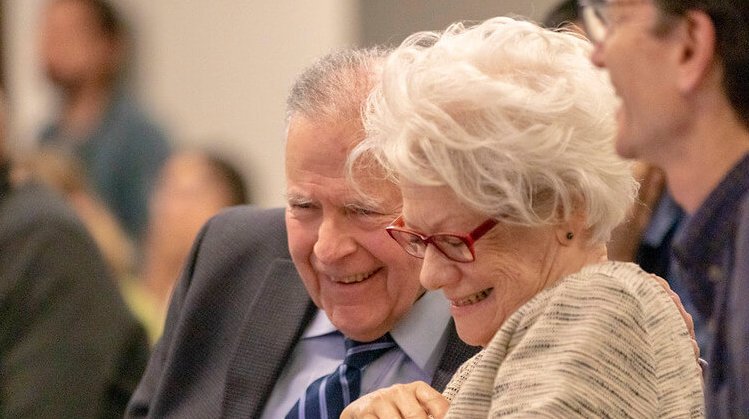
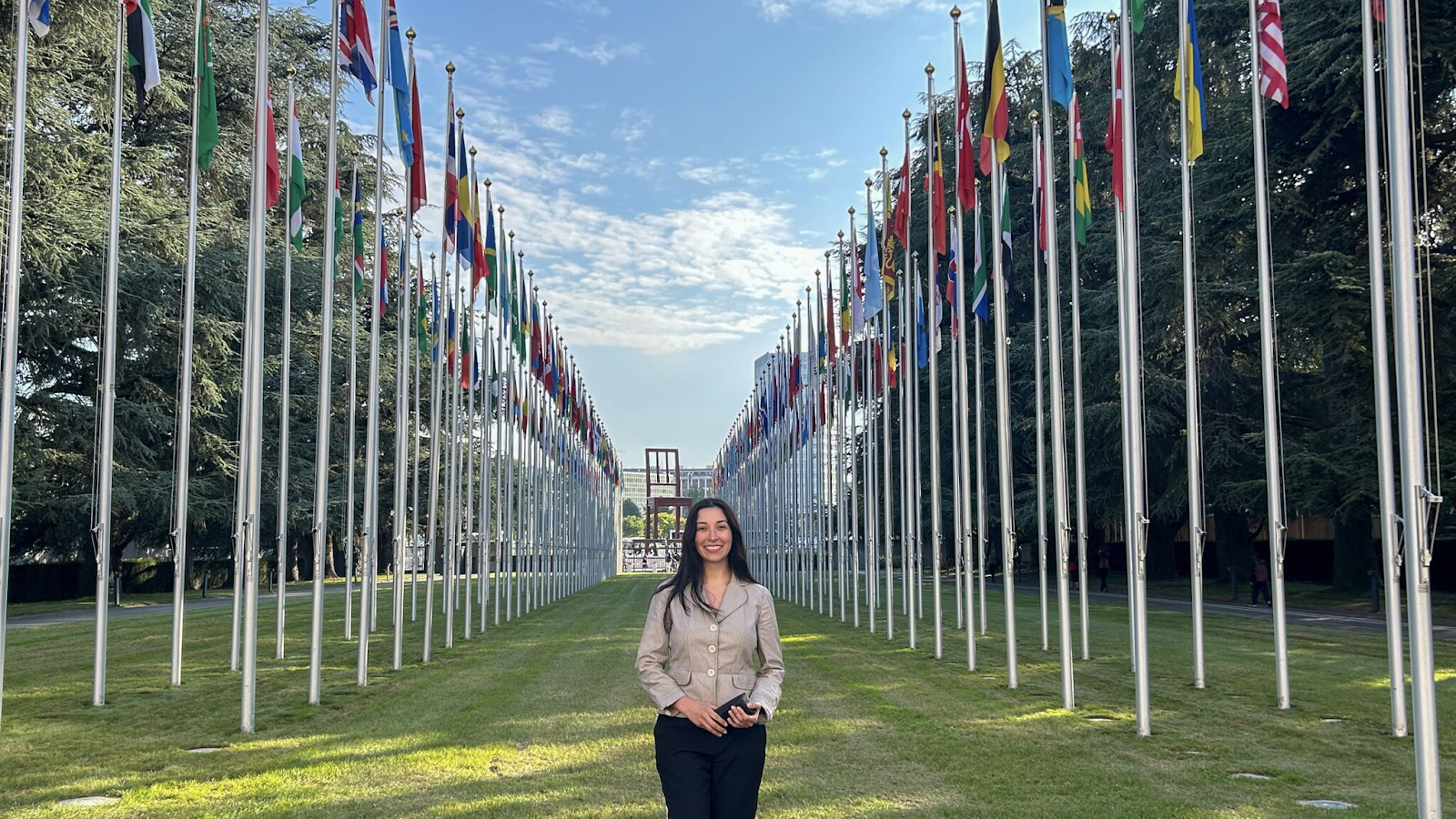
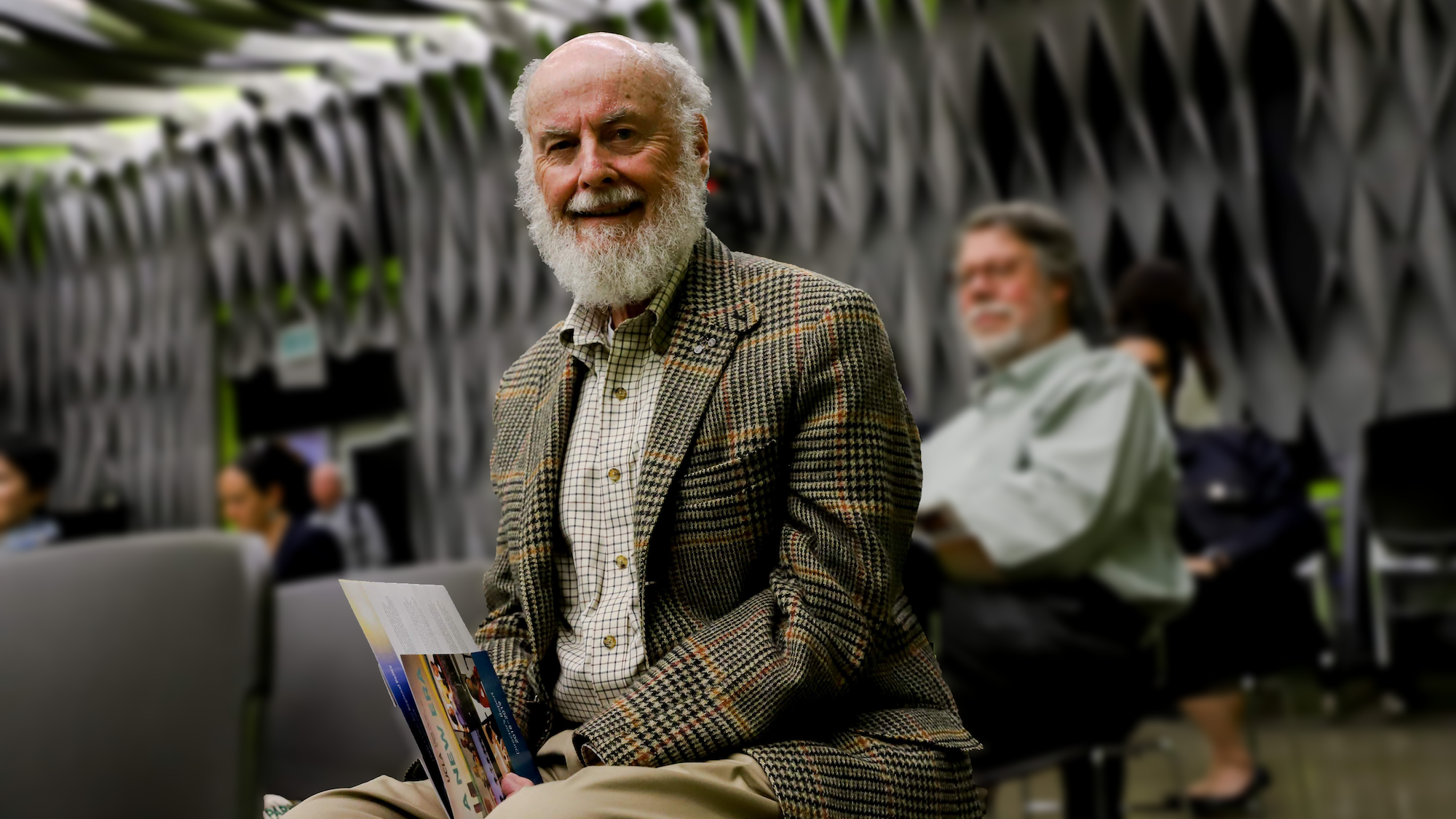



















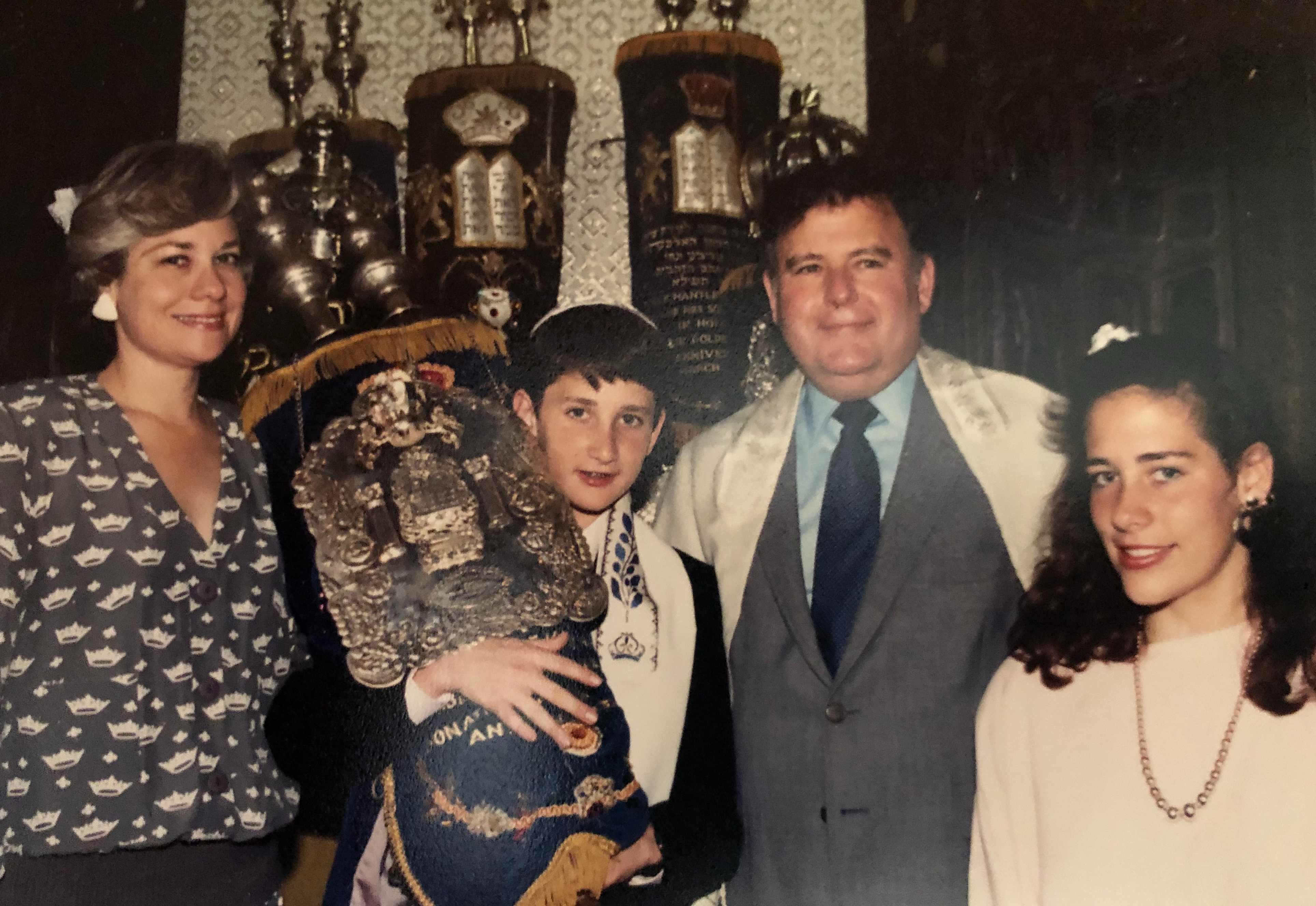





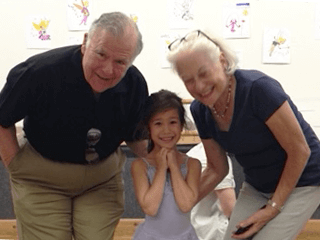
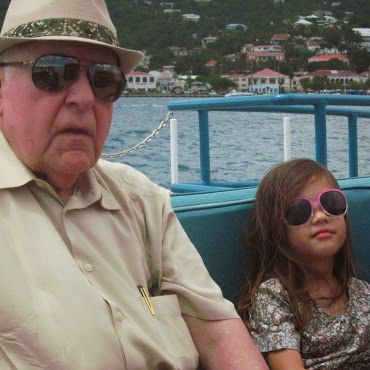
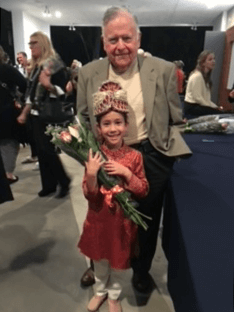
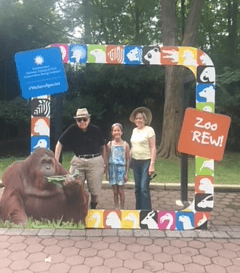

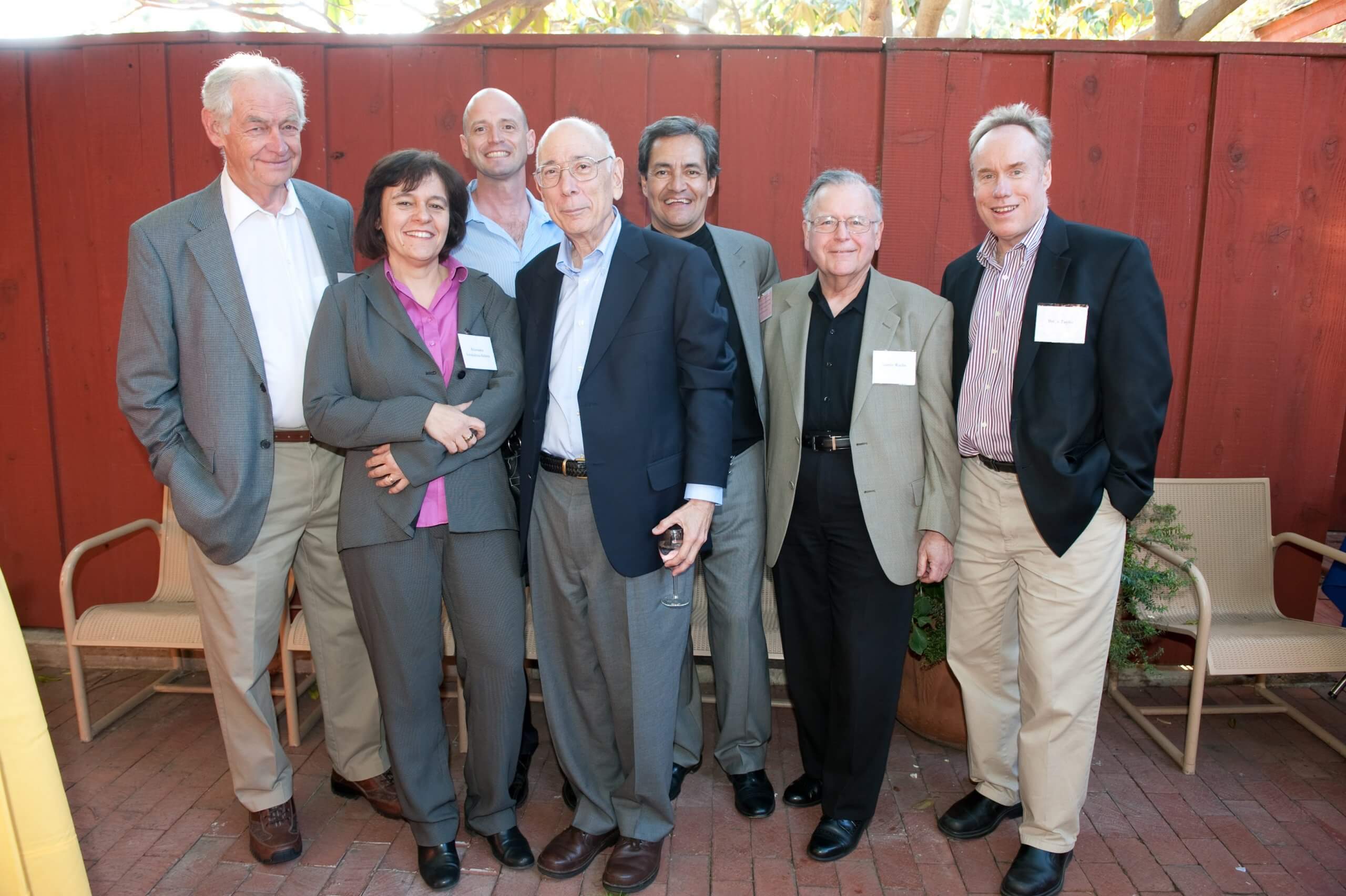
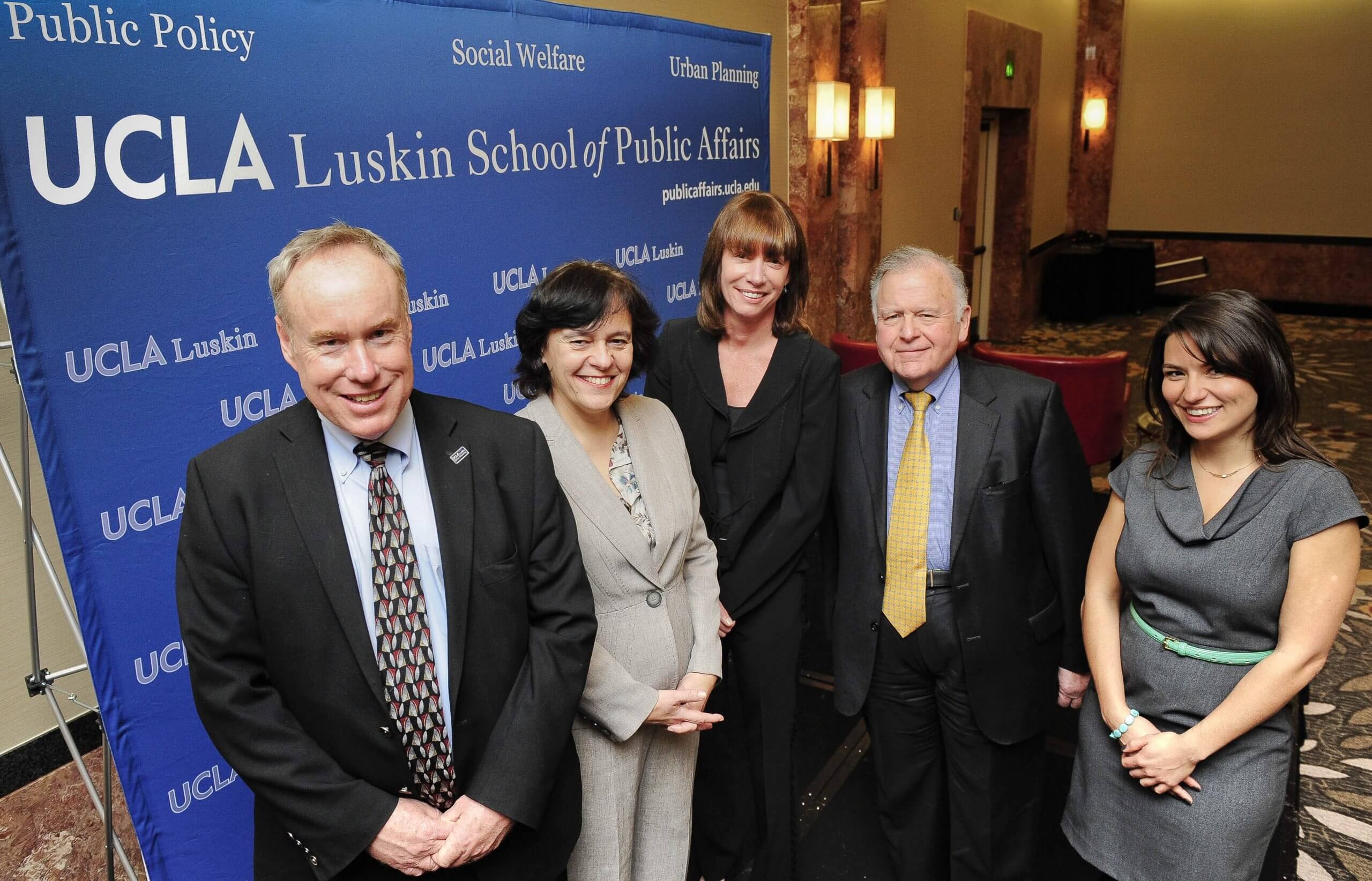

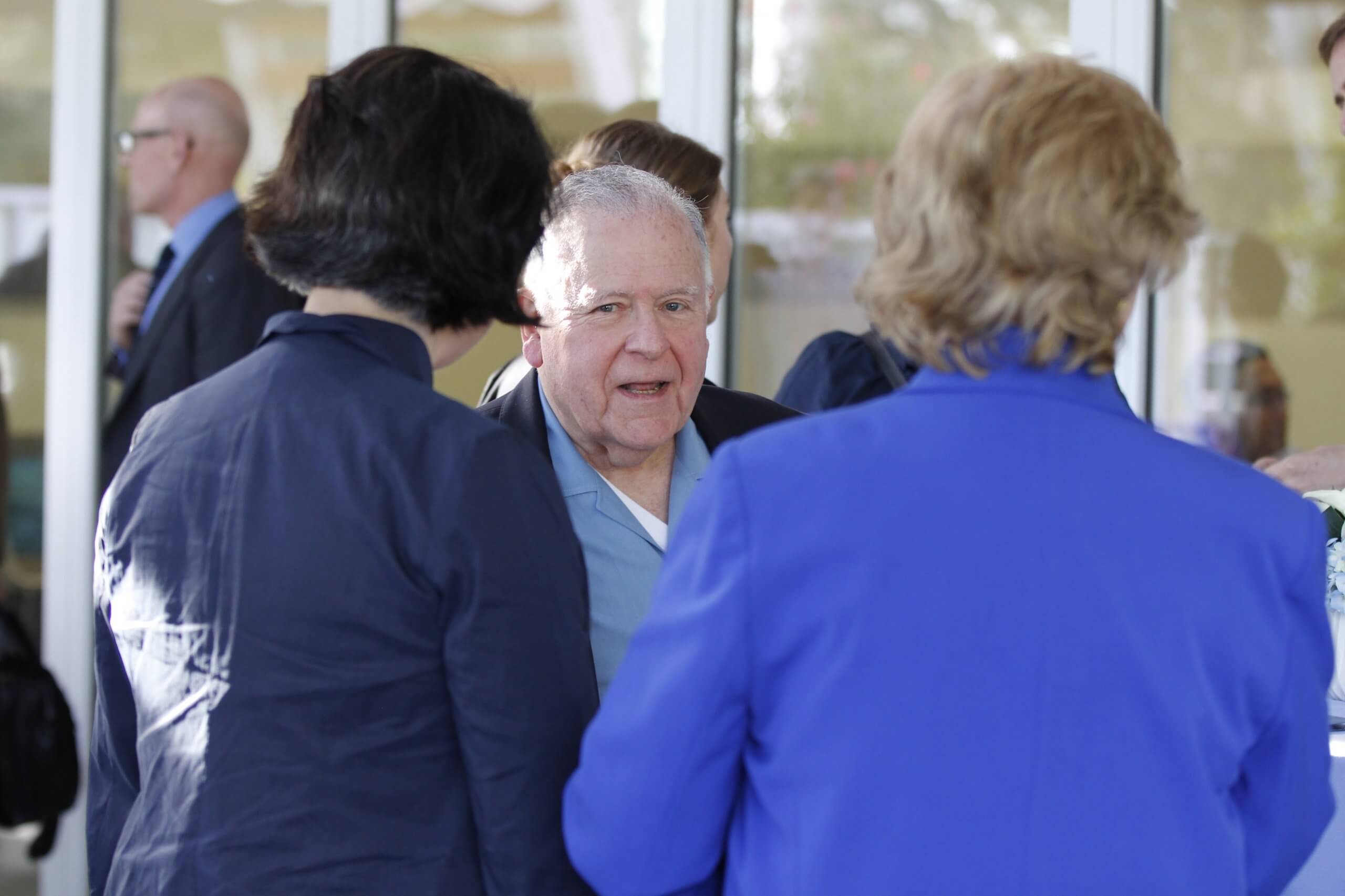
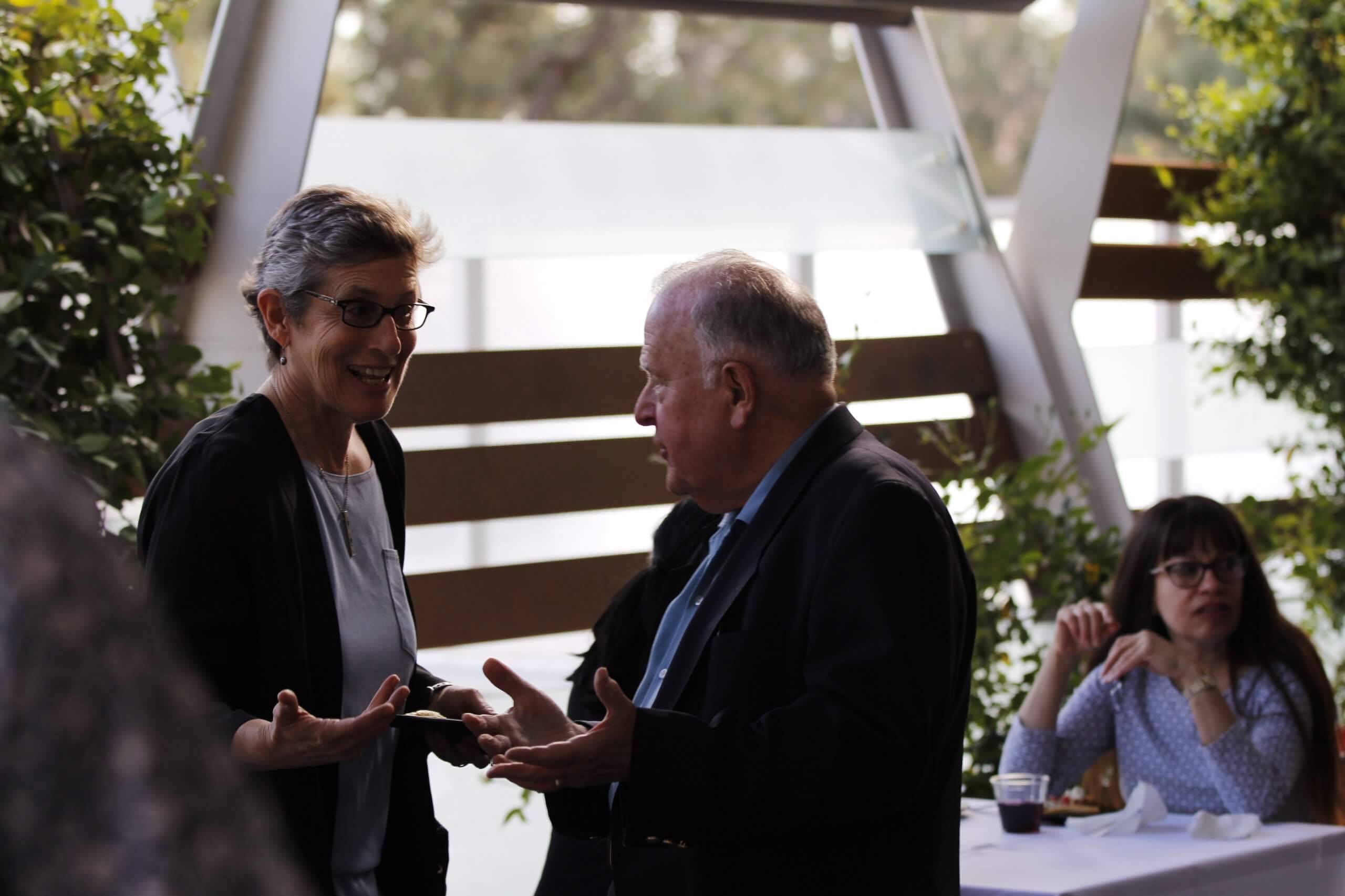
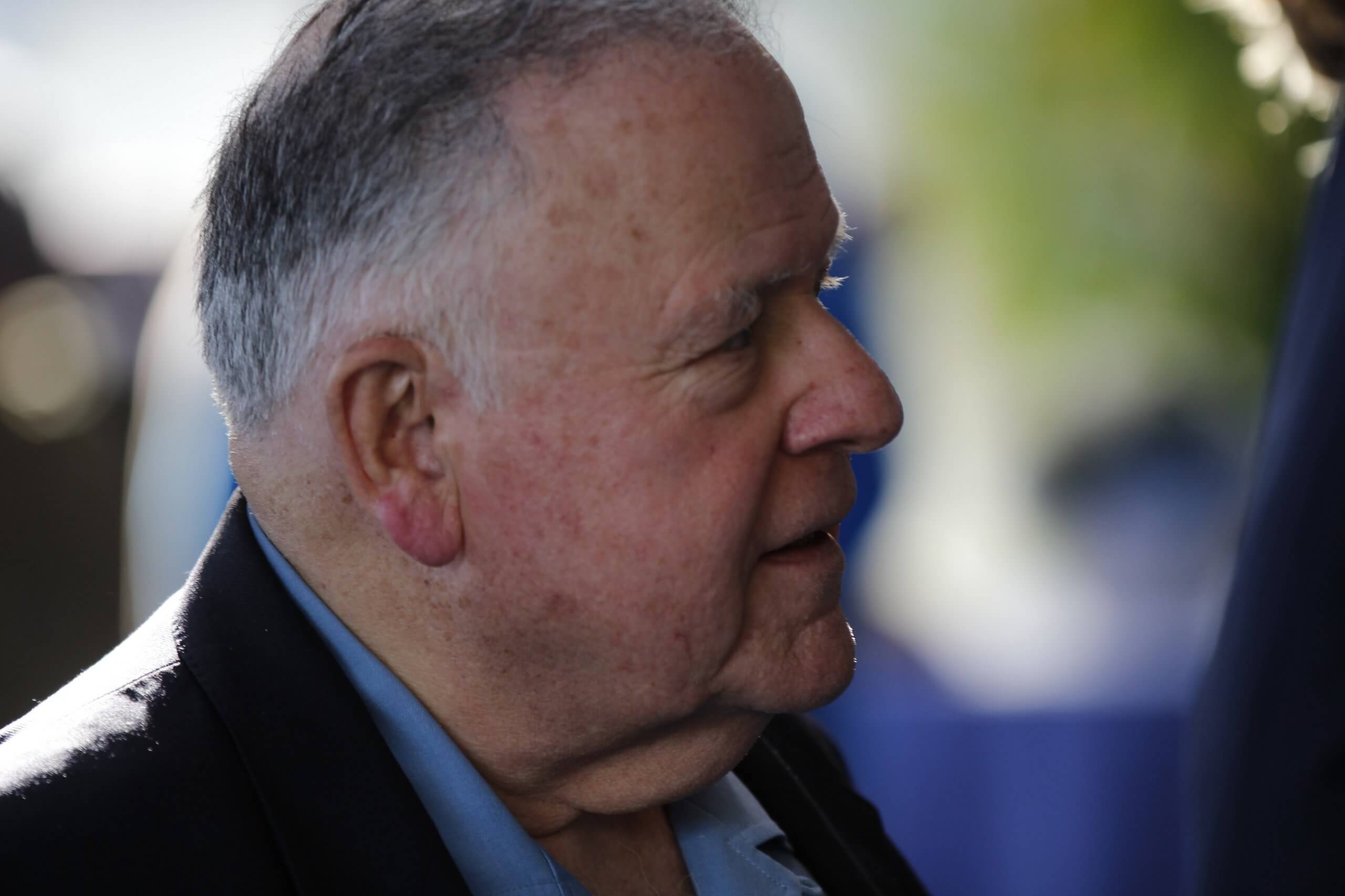
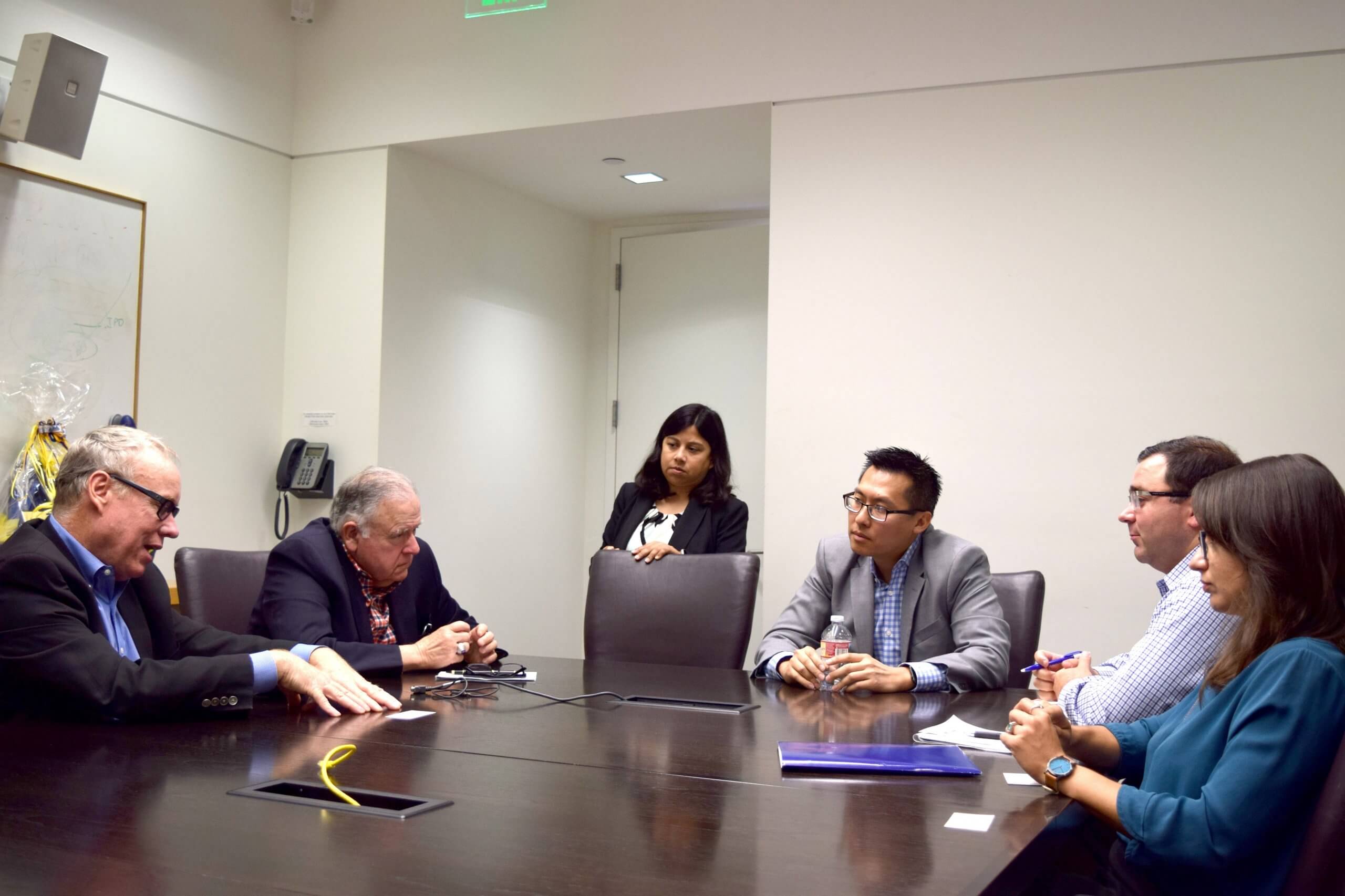
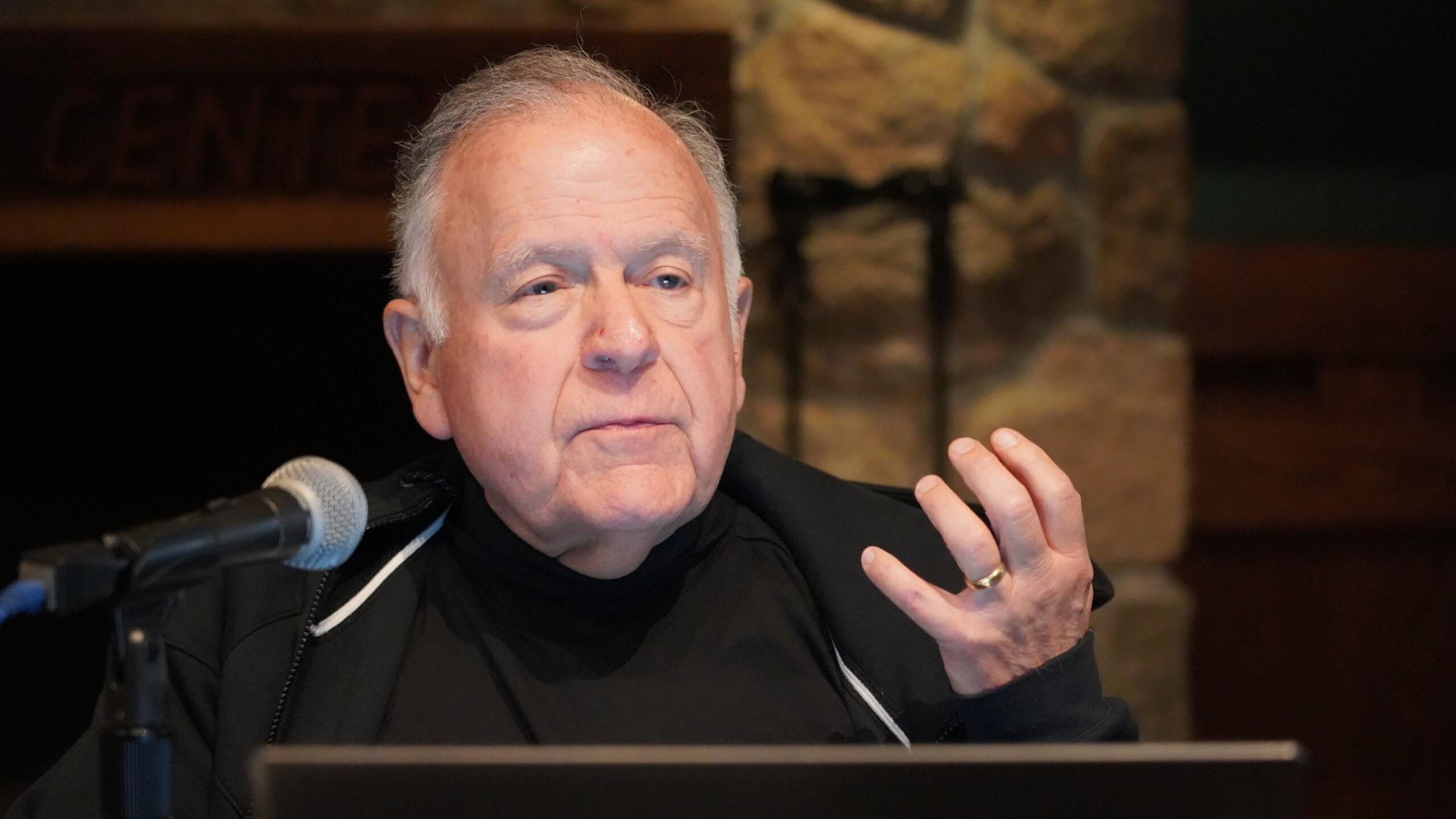
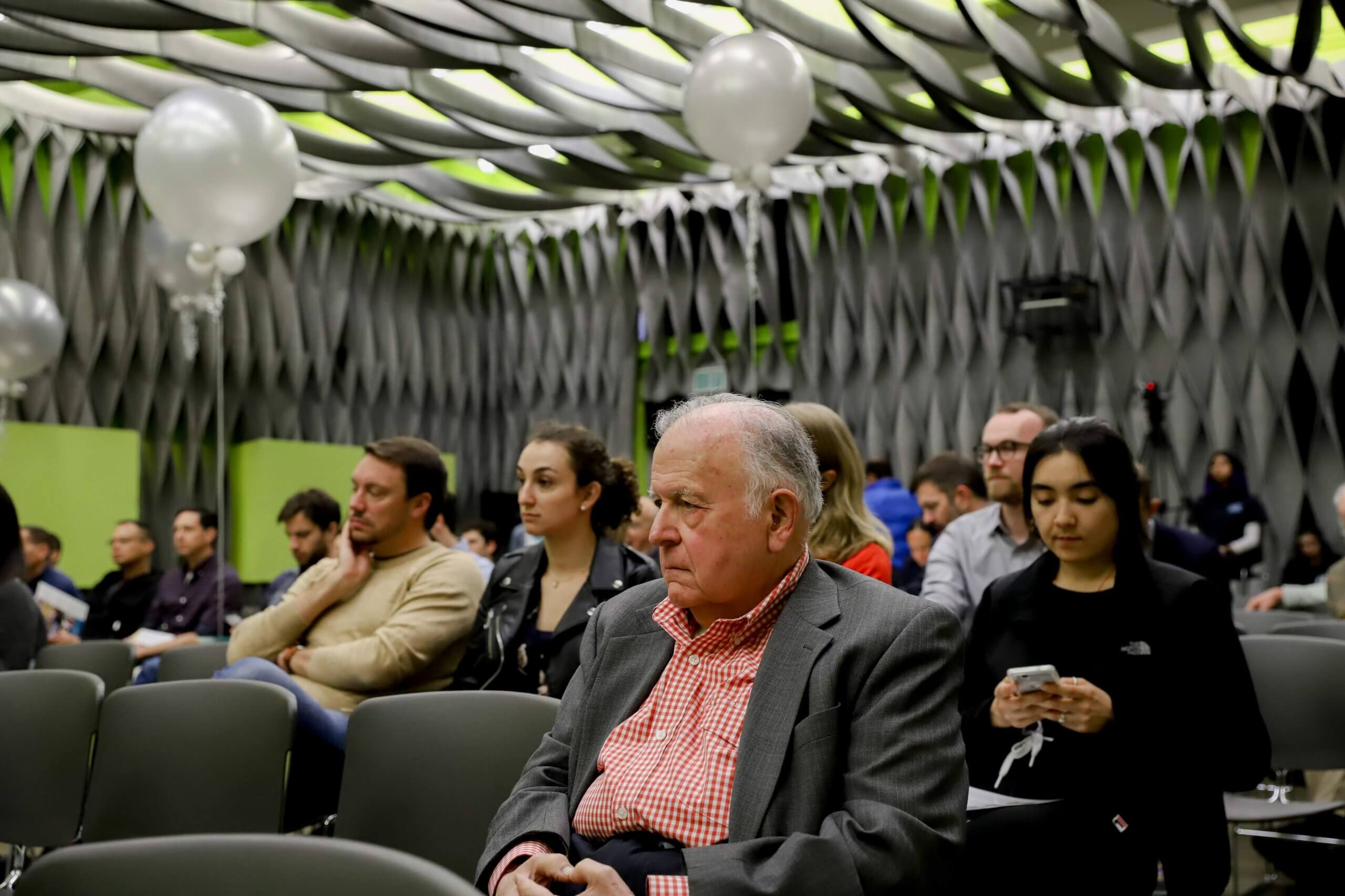
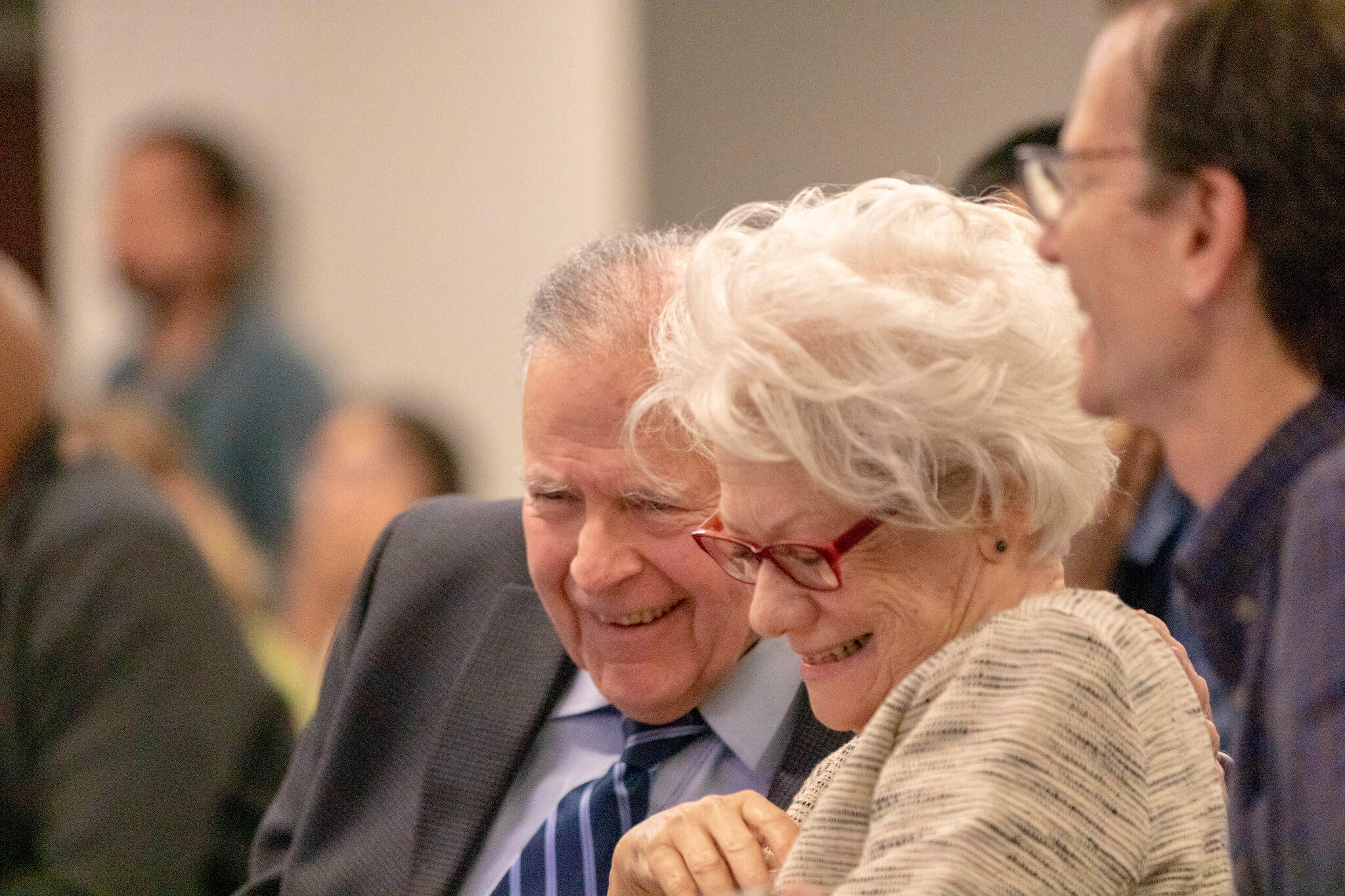
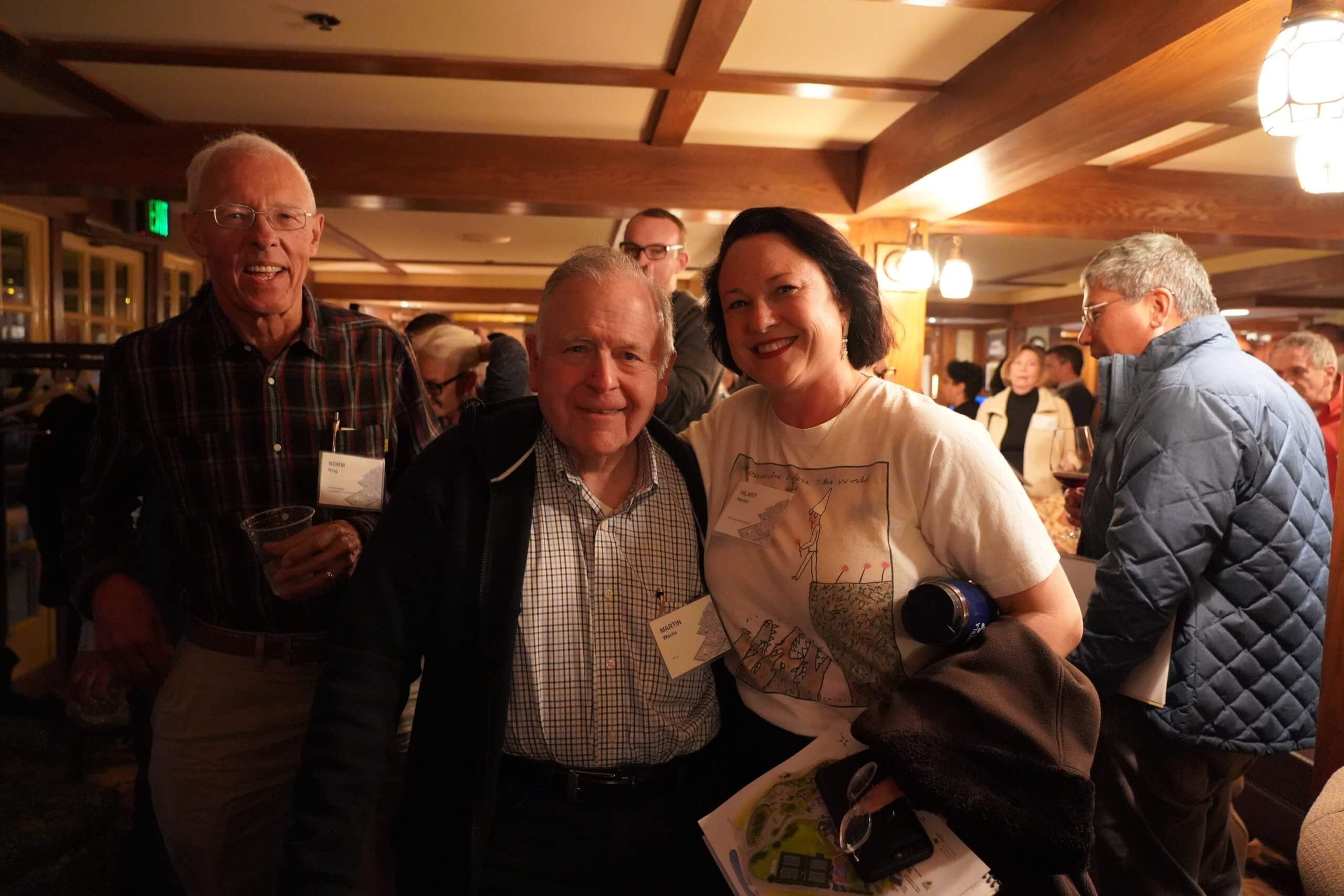
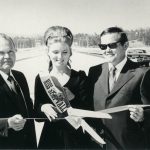



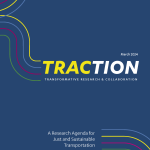
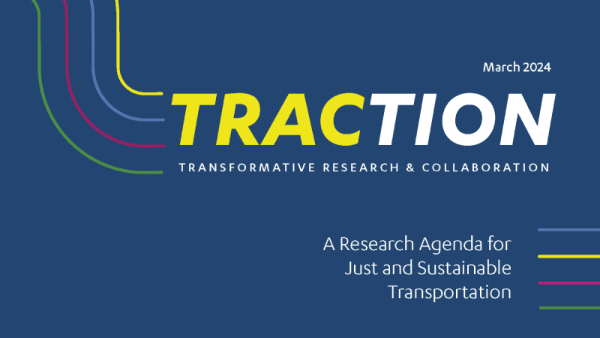
As noted by many in these comments, Marty was a giant in the study of transportation, shaping research and legislation over his many decades of involvement (I think he holds some kind of record for attending TRB Annual Meetings). Even more important to his students – and to him as well I believe – were the minds he shaped along the process. For someone so accomplished, I’ll never forget how incredibly generous he was with his time. The research I was able to work on under his supervision was the most interesting and fun work I was able to do at UCLA.
Marty combined keen analytic insight with tactful engagement of students, colleagues, and policy makers. I noticed this in his classes, in his evenhanded interactions with me, and more recently, in his role in advisory groups in which we both serve. His tactfulness and respect for others in no way undermined the power of his insight – in fact, it enhanced his impact. I can think of no other transportation academic that a policy maker would trust more than Marty for evenhanded advice that recognizes the other person’s values and priorities but does not forsake analytic clarity. Marty got to the heart of the issue in a way few others do. When he spoke in a meeting, he brought clarity and changed the discourse in profound and transformative ways.
Another element of Marty is his personal generosity. Over the years, he has been kind to me in reviewing draft papers, contributing commentaries to my writing projects, asking about my family, and supporting my own research explorations and changes of direction. He was a wonderful human being and I am fortunate to have benefited from his guidance. I am in sorrow in changing this commentary to the past tense.
I used to tease Marty that I was keeping an eye on both his kids at Cal Poly Pomona. He would chuckle because they clearly didn’t need me to keep an eye on them…he said that one of the greatest joys of his life is realizing what good parents his children are.
I am terribly sad to hear this news and feel privileged to have been able to learn from Professor Wachs/Marty’s great wisdom during my time at Luskin (2014-2016). I was just speaking about him last week to a prospective MURP while noting that one of my favorite things about the program are the brilliant and passionate professors, especially Professor Wachs. He was instrumental in my understanding of the relationship between transportation projects, funding sources, and policy levers, which has helped me tremendously in my career. And as everyone has noted, he was undeniably kind and humble, and always eager to help his students. He leaves a great legacy behind and will surely be missed. Sending condolences to his family and friends.
It is likely that my career in urban planning began with his review of my application for the UCLA graduate school. I still remember his kind reply to my email to inquire about the transportation planning program after I heard his departure to UC Berkeley. Several years later, he kindly agreed to be on my dissertation committee to provide substantial guidance for my research and related projects. Even after the graduation, he continued to provide mentorship for my academic career. I believe that there are many other former students of Marty with similar experience regardless of a career path each has taken. As many wrote here, Marty is a giant scholar in transportation planning, in which he spearheaded to develop an interdisciplinary nature of the field to address economic, social, and political issues, with his original expertise in transportation engineering. In addition to his scholarship and education for many students in the UC system, he was such a caring person, along with his wife, Helen, for students like me. My feeling of loss is immense at this point. My deepest sympathies go out to Marty’s family, and to all of us who love and respect Marty.
I ended up focusing on transportation planning because Marty Wachs made it so interesting. He was a great teacher and always willing to take time to answer questions and provide mentorship. My condolences to his friends and family.
The transportation community will deeply miss Marty: a solid professional and a solid colleague.
Marty was a treasured mentor, friend, and colleague, and a presence throughout my career. A few memories: Marty, on a visit from UCLA, meeting with Berkeley planning Ph.D. students and referring to us as “future colleagues,” a simple phrase that generously and gently evoked confidence in the face of uncertain job prospects; Marty as trusted advisor on research endeavors; Marty as a model of concern for and engagement with his students. And fewer than two weeks ago: Marty reaching out after the UCLA-Michigan basketball game, expecting to congratulate Michigan but instead expressing pride in UCLA’s success. Those of us who consider ourselves accessibility researchers owe a debt to Marty for his breakthrough understanding that accessibility is not merely a tool for analysis or prediction, but a guide to action in our field. We are fortunate to have had Marty in our careers and lives.
I never had the benefit of being a student of Marty’s but I’ve had many enjoyable conversations with him at conferences over my career. He was always open and available to students and professionals alike. One of the most interesting points (among many) I’ve heard him make was during a presentation shortly after his retirement from Berkeley. He said he is often asked about his research, early in his career, that argued against the creation of BART in the Bay Area. “People ask, ‘Can you imagine the Bay Area without it?'” He replied, “Of course I can, I can imagine a system of grade separated BRT with a farther reach, addressing the needs of more people, at lower cost.” He went on to talk more generally about transportation planning, and the politics of implementation. For me it was a reminder that in our profession, while we can be attracted to outcomes, we still have to return to the data and advocate for what it tells us rather than futuristic visions ( a lesson I’m constantly re-learning). That insight has always stuck with me, and was emblematic of his work.
Wow, this is shocking and incredibly sad! Apart from being a giant of our discipline, Marty was a thoughtful, kind, and generous colleague. UCLA Urban Planning was fortunate to have him. We were used to his engagement with the program and active participation in the Department’s intellectual and social life. It is jarring and distressing to think that we’ll get together in the post-Covid-19 world, and Marty won’t be there. I send my sincere condolences, sympathies, and love to Helen, the Wachs Family, my Transportation friends, and the larger ITS community.
This was truly terrible news to hear today. I’ve been fortunate to have known Marty for nearly 25 years. I was able to work with him on a research project he had with Brian Taylor in the late 90s, a portion of which morphed into my master’s thesis while at UCLA. He was on my committee for that work, and he served on my doctoral committee as well. He was a very generous and supportive mentor to me and all of the students fortunate enough to work with him. He’s also continued to be a source of support many years down the road, very recently offering valuable insights and suggestions to three of us (Brian Taylor, Eric Morris, and me) on a book manuscript we are bringing to completion. He has also been a professional role model. When people would ask me what I wanted to do with my career as an academic, I would frequently reply (and not in jest) that I wanted to “grow up to be like Marty Wachs.” I wanted to be an impactful scholar, a supportive and generous mentor, and an all-around good colleague–like he has been. He will be truly missed by all of us.